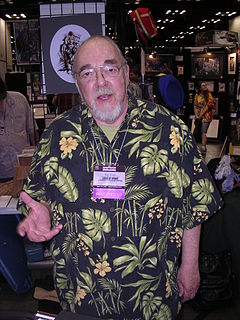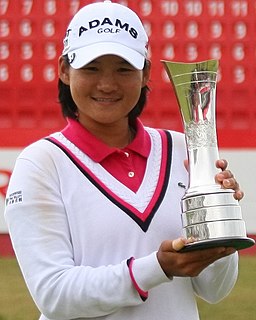A Quote by Ronnie Screwvala
I play chess with the computer when I feel dull in my mind and after two games - 'out or win', I feel sharp again.
Related Quotes
All experiments that are related to the games when you have humans versus machines in the games - whether it's chess or "Go" or any other game - machines will prevail not because they can solve the game. Chess is mathematically unsolvable. But at the end of the day, the machine doesn't have to solve the game. The machine has to win the game. And to win the game, it just has to make fewer mistakes than humans. Which is not that difficult since humans are humans and vulnerable, and we don't have the same steady hand as the computer.
A knowledge of tactics is the foundation of positional play. This is a rule which has stood its test in chess history and one which we cannot impress forcibly enough upon the young chess player. A beginner should avoid Queen's Gambit and French Defence and play open games instead! While he may not win as many games at first, he will in the long run be amply compensated by acquiring a thorough knowledge of the game
I used to play a lot of chess and competitive chess and study chess and as you get to the grandmasters and learn their styles when you start copying their games like the way they express themselves through... The way Kasparov or Bobby Fischer expresses themselves through a game of chess is it's astonishing. You can show a chess master one of their games and they'll say "Yeah, that is done by that player."
I've never been much of a computer guy at least in terms of playing with computers. Actually until I was about 11 I didn't use a computer for preparing for games at all. I was playing a bit online, was using the chess club mainly. Now, obviously, the computer is an important tool for me preparing for my games.
Chess, which exists predominantly in two dimensions, is one of the world's most difficult games. Three-dimensional chess is an invitation to insanity. But human relationships, even of the simplest order, are like a kind of four-dimensional chess, a game whose pieces and positions change subtly and inexorably between moves, whose players stare dumbly while their powerful positions deteriorate into hopeless predicaments and while improbable combinations suddenly become inevitable. To make matters worse, some games are open to any number of players, and all sides are expected to win.


































